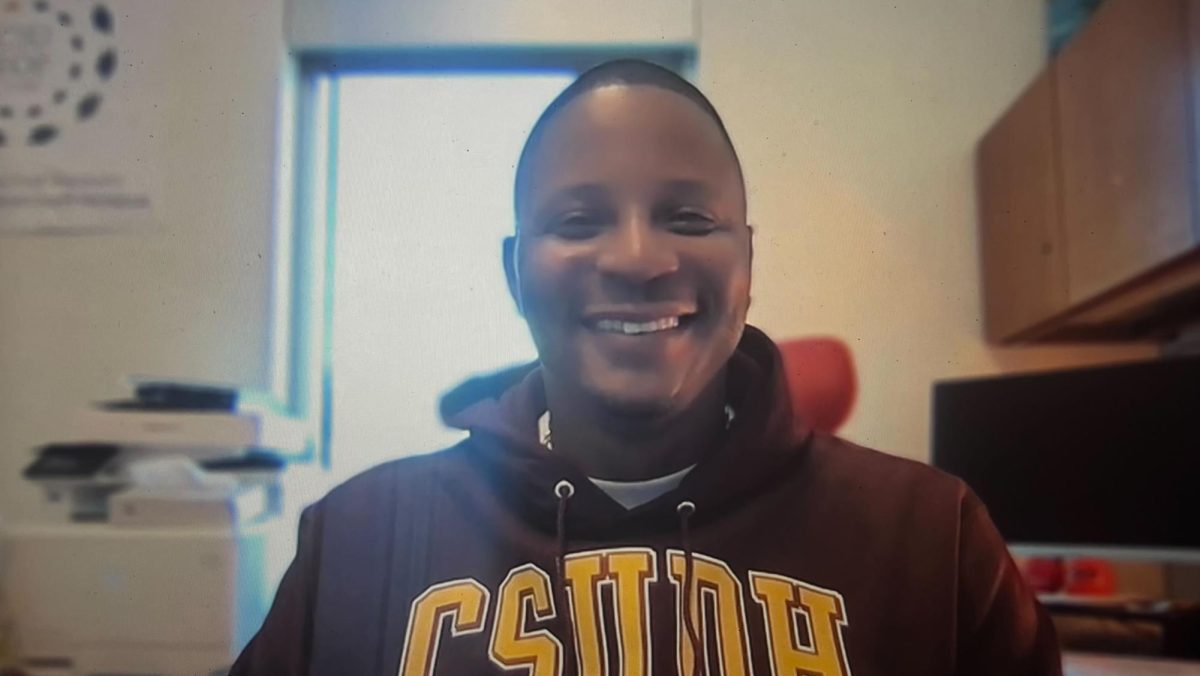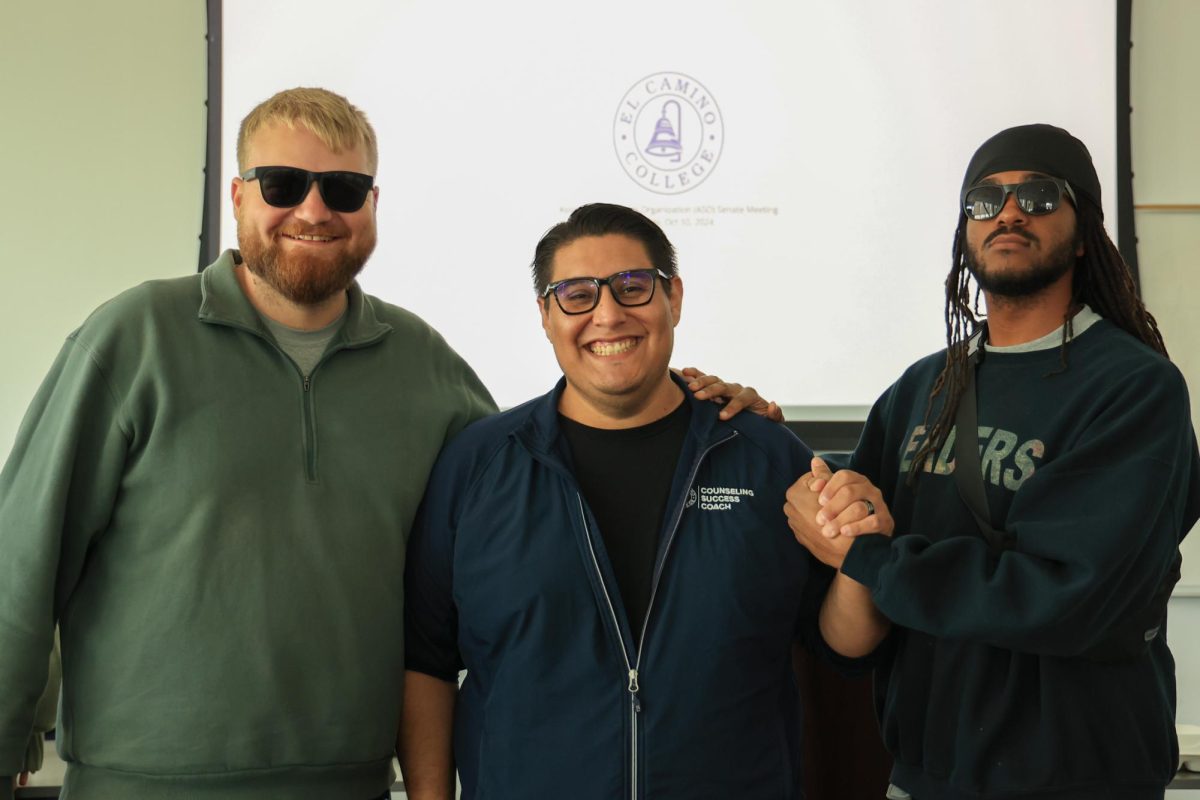Slap, slap, slap is the only sound heard as the nurse begins to prep one’s arm for the blood donation one is about to make that can potentially save lives.
According to The American Red Cross Blood Services, one pint of blood has the potential to save as many as three lives.
“Blood supply is low right now,” Juan Rodriguez, ICC Commissioner of Publicity and co-chair of the blood drive, said. “We cannot afford to turn anybody away who has the power to change many lives.”
San Jose State University (SJSU) President Don Kassing recently decided to suspend blood drives on campus due to the U.S. Food and Drug Administration’s policy, which prohibits a male who has had sexual contact with another male, even once, since 1977 from giving blood in order to prevent the spread of HIV through transfusions.
“The policy is a safety issue, but at the same time the FDA policy is biased,” Walter Mendez, co-chair of the blood drive and ICC historian, said. “There are other minorities who share the high risk of being vulnerable to HIV.”
SJSU put a stop to the blood drives due to the institution’s non-discrimination policy.
It was concluded that FDA policy discriminates against students based on their sexual orientation.
“The Red Cross is troubled by any action that makes blood donation opportunities less visible and less convenient for those who are eligible to donate,” Teresa Solorio, manager of Public Affairs at the American Red Cross Blood Services for the Southern California Region, said.
The American Red Cross and other blood collection groups are obligated to follow all federal regulations regarding donor eligibility that have been established and defined by the FDA.
“The Red Cross, in conjunction with the American Association of Blood Banks and America ‘s Blood Centers (ABC), believes that the current lifetime deferral for men who have had sex with other men since 1977 is no longer medically and scientifically warranted,” Solorio said.
“We have recommended to the FDA that deferral criteria be modified and made comparable with criteria for other groups at increased risk for sexual transmission of transfusion-transmitted infections,” she said.
EC has a strict policy on discrimination on campus implemented.
The policy states that the campus is committed to providing equal opportunities for all individuals, regardless of race, color, ancestry, religion, gender, national origin, marital status, sexual orientation, handicap, age and Vietnam-era status.
“A person’s sexual orientation should not stop them from trying to save lives,” Mendez said. “In the end, it’s all for a good cause that we should all participate in,” he said.
ÿThere will be a three-day blood drive March 18-20 in the Student Activities Center.
“We hope that everyone who is eligible to donate can participate in this great cause,” Mendez said. “Just remember, your donation can save lives.”








